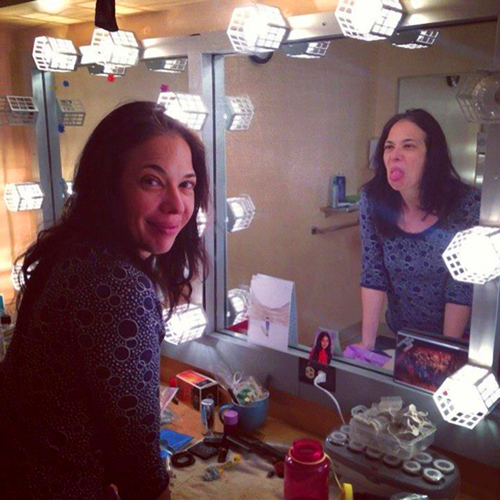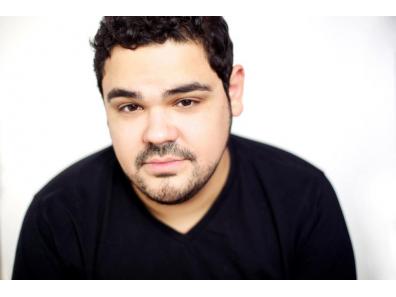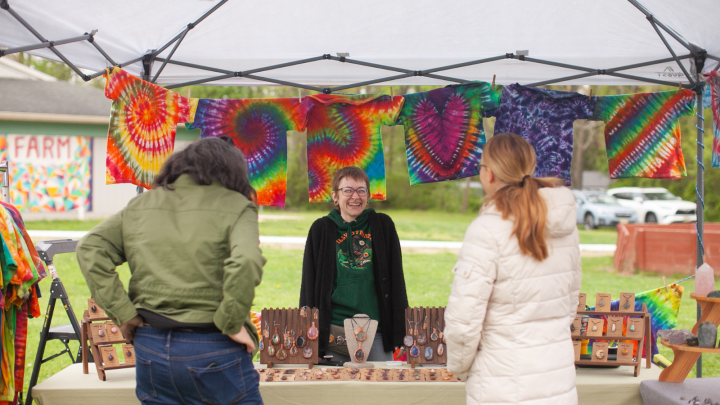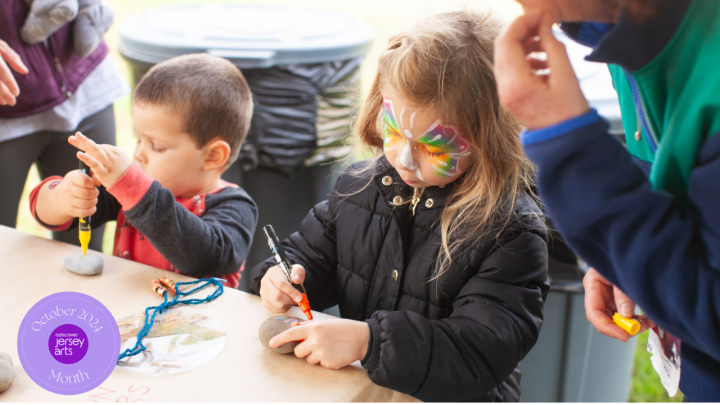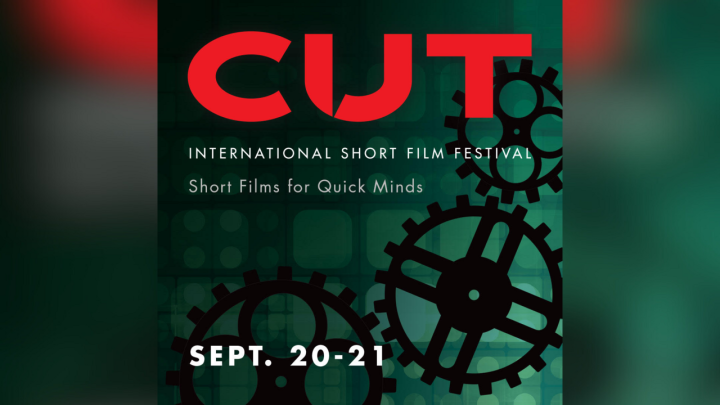Latino Voices Take Center Stage in Crossing Borders Festival

Playwrights, actors and fans of theatre will converge this week (August 3-7, 2016) for the annual Crossing Borders Festival at Two River Theater in Red Bank. The festival puts the spotlight on Latino works and voices that are not often heard. This year’s program features new plays by Melinda Lopez, Matt Barbot, Bernardo Cubría and Tanya Saracho. Admission to every event and reading is free and open to the public. Now in its sixth year, it has become an event that attracts theatre fans from across the state and into New York City.
“We all look forward to it,” said Stephanie Ybarra, who currently serves as the Director of Special Artistic Projects at The Public Theater in New York and is the curator of this year’s Crossing Borders Festival. “Over the last several years, as the festival has picked up speed, it has become an annual pilgrimage to Red Bank where we all get to hang out, listen to each other’s work, and support each other. It’s incredible!”
The festival begins on Wednesday with a neighborhood party on the Two River Theater plaza at 5:30 p.m. that includes food, live music and opportunities to meet the artists involved in the festival. Following the party, there is a lecture entitled, “What Makes A Play Latino?” by Brian Herrera, Assistant Professor of Theater at Princeton University.
Herrera says a Latino play might include a Latino-based character or be the voice of a Latino playwright dealing with certain issues or struggles, or involve none of these things.
“There is no single characteristic (or constellation of characteristics) that makes a play a Latino play,” explained Herrera. “Rather, I suggest that Latino plays use theatrical form and thematic content to convey the complex experience of being Latino, perhaps especially for Latina/o audiences but just as importantly for non-Latino audiences as well.”
On Thursday at 7:30 p.m., Melinda Lopez tells of her Cuban-American mother’s final days in “Mala,” a one-woman play that reveals the heartbreak and complications of becoming the caregiver to a parent who is losing herself.
“It’s a play about striving to be good, and giving everything you have to the person who loves you most. It’s about failing and then trying again. And, it’s about laughing in the face of impossible odds, old people and young people, iPhones, and what we give to our parents,” explained Lopez.
“I do find right now that there is an especially large appetite for stories about Cuba, perhaps it is because of all the recent changes,” continued Lopez. “That said, I think mainstream audiences are hungry for a breadth of vision from their theatre that contains many kinds of voices. The ‘American Story’ is so vast and broad and empowering; it contains many experiences. The vast majority of us came from immigrants at some point. We can all relate.”
The festival continues on Friday at 7:30 p.m. with “El Coquí Espectacular and the Bottle of Doom” by Matt Barbot. This play takes place in Brooklyn where a comic book artist named Alex has been secretly dressing up as a Puerto Rican superhero. As he learns that fighting crime is harder than it looks, his older brother Joe encourages Alex to join him at his advertising agency where he has a job writing copy that targets Latinos.
“My play deals with issues of Latino identity,” said Barbot. “It deals specifically with a sort of fractured identity of Puerto Ricans in New York. In the past, I’ve encountered stuff where if a character isn’t dancing salsa or speaking Spanish than he might as well be a white character. There’s a real sense in the media that white is neutral. This play is very much about a character reflecting on his heritage, but is also about comic books, pop culture and advertising. Those things are all Latino, as well as Latinos interact with the world around them in much the same way that anyone else does. These things are part of our reality too, and I think we should resist the urge to say that something is not Latino because it deals with things that are not specifically about heritage.”
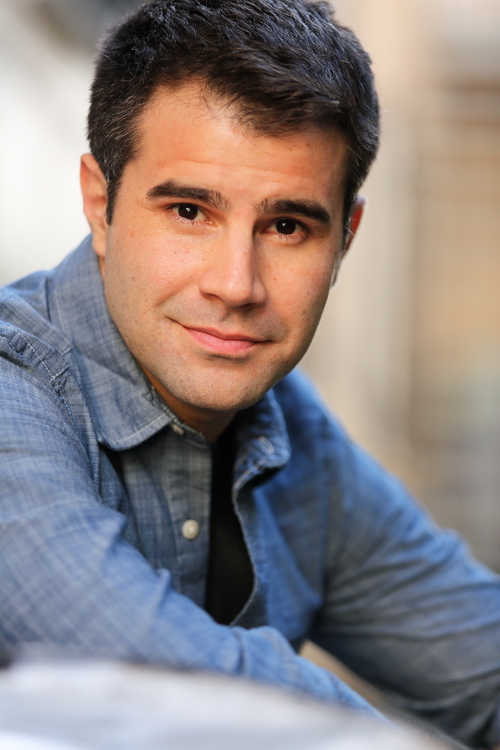
Bernardo Cubría
On Saturday, August 6, there will be two separate readings of “Neighbors (Vecinos)” by Bernardo Cubría. The first reading at 3 p.m. will be done in English. A second reading at 7:30 p.m. will be done in Spanish. The play revolves around Jose and Joe - two people who live next to each other, yet in very different worlds. A business proposition brings them closer together and changes everything in this satire, which could be construed as being about NAFTA (the North American Free Trade Agreement).
“I’m much more interested in what I’m trying to say with a piece than whether or not it is a Latino play,” said Cubría who has been a part of the festival as an actor since its beginning. “For me, the fact that I wrote it makes it a Latino play.”
The festival closes out on Sunday at 3 p.m. with“Fade” by Tanya Saracho. Based on her own struggles as a Mexican-American writer hired to write for television, the play’s main character, Lucia, finds relief from the cutthroat environment in a growing relationship with a custodian named Abel. As pressure increases at her job, Abel’s stories start to blur with hers leading to unexpected consequences.
Saracho, who has written for shows like HBO's "Looking," "Girls," and "Devious Maids,” said she grew up with Latino festivals like Crossing Borders, which often provided her only entry point to a theater. She is one of several of this year’s festival playwrights to point out how special it is to have a theater like Two River present a festival like this and also present Latinx plays during their regular seasons.
“Some theaters have a Latino festival and then never do a Latinx play in their season,” said Saracho. “But Two River Theater is very different. They put their money where their mouth is. I’m a commissioned playwright at Two River and they have put Latinx plays in their seasons all of the time. That’s different from a lot of the places I’ve been at. Sometimes the festival is the only thing we get to do with the theater.”
Brian Herrera echoes that sentiment. “Latina/o writers are always writing plays that address the complexities of Latina/o heritage and the diverse ways of being Latina/o in the United States. But such plays are not always produced by major commercial or not-for-profit theaters. Two River is among the few such theatres nationally to demonstrate such a sustained commitment to producing complex and provocative new works by Latina/o writers. Perhaps the current political climate with encourage more theaters to look to and learn from Two River’s leadership.”
Bernardo Cubría thinks it is a matter of treating plays by Latino writers in the same way they would treat any play. Unfortunately, he believes that an even playing field does not exist today.
“People still think of it as ‘a Latino play’ and they make it an other,” explained Cubría. “So when a theater is programming their season they think, ‘Well, we can’t do more than one Latino play or more than one black play or more than one Asian play because that’s an other.’ Ultimately, the goal we all want is to have them treated as plays. Maybe they would do a season with three Latino plays and one black play because those were the four best plays. I think it is about educating people that the other does not necessarily mean it’s not for you.”
Two River Theater is located at 21 Bridge Avenue in Red Bank, NJ. For more information on the festival visit www.tworivertheater.org.

